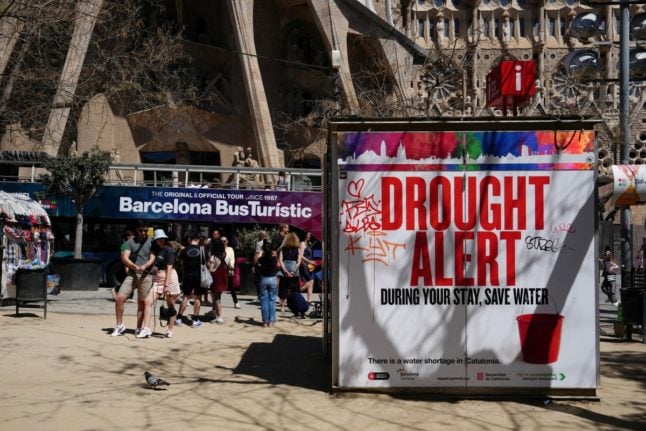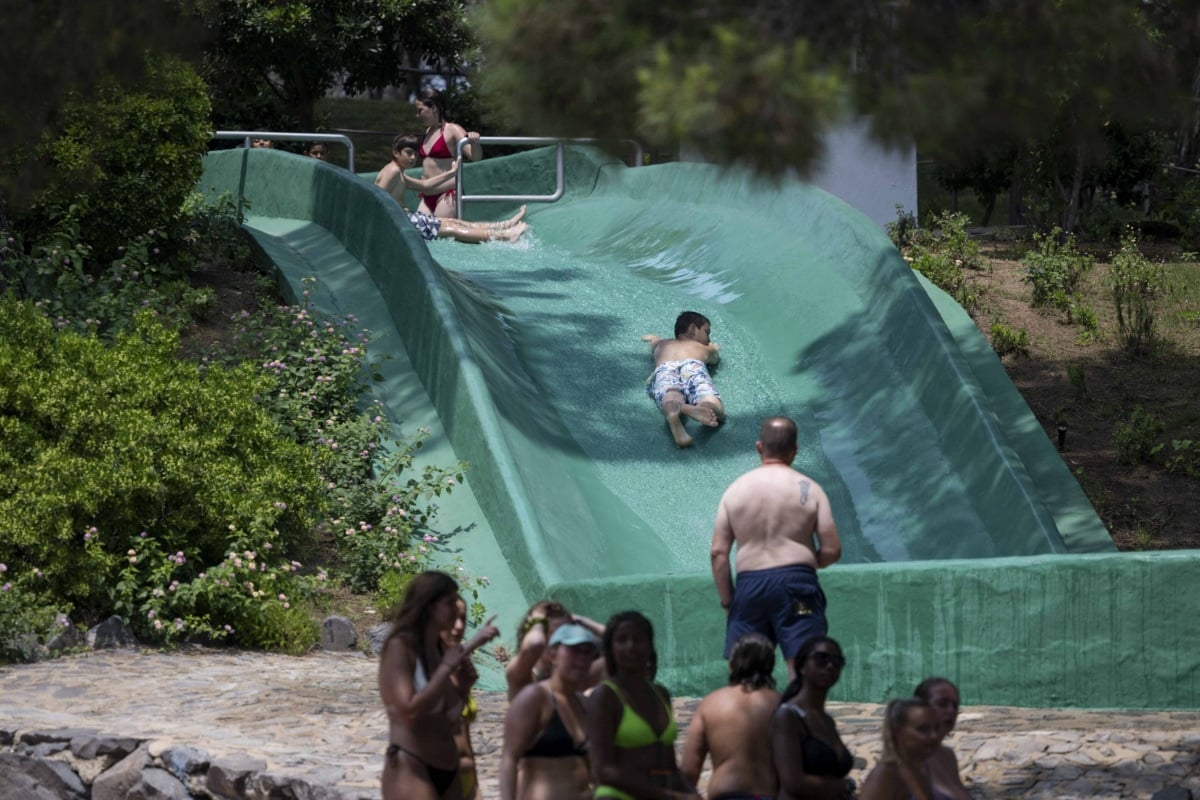Sánchez’s Socialists finished second in the July 23rd parliamentary elections and he has until November 27th to cobble together a working coalition, or face fresh elections.
Sánchez needs the support of Catalan independence parties, and has accepted their demands to offer amnesty to all those being pursued for their role in a failed secession attempt in 2017.
In response, opposition parties have hardened their tone in recent days, accusing Sánchez of corruption and abandoning the rule of law.
“Exchanging votes for impunity is corruption,” Alberto Núñez Feijóo, head of the Popular Party, said Saturday at a meeting in the Basque region, before vowing a day later at a rally in Valencia that “we will defend Spain”.
Sánchez already has the support of the more moderate Republican Left of Catalonia (ERC) party which runs the north-eastern region, but has yet to nail down the backing of Together for Catalonia (Junts Per Catalunya), the party of Carles Puigdemont, who led the 2017 events.
“We are in the final straight of very difficult negotiations, which will allow us to open a new era” in Catalonia, said Jaume Asens, a left-wing party negotiator, Monday.
READ ALSO: Catalan separatist keeps Spain waiting on government deal
Defend Spain
The controversial amnesty project, which would need approval from parliament, has for weeks roiled the conservative opposition, which has raised its tone in recent days and promised to block its application.
Another rally against amnesty is planned in the capital Madrid on Saturday November 18th.
The opposition accuses Sánchez, who once opposed amnesty, to be willing to do anything to stay in power.
Feijóo’s PP finished first in the recent parliamentary elections but failed to form a coalition.
READ ALSO: Thousands rally in Spain against amnesty plans for Catalan separatists
“End of the rule of law”
Members of the judiciary have also stepped up their criticism.
The Professional Association of Magistrates, a conservative body that represents the majority of the country’s judges, last Thursday issued a statement calling the measures “the beginning of the end of democracy” that would “destroy the rule of law”.
The General Council of the Judiciary, the body that names Spain’s judges, will meet later Monday to discuss the issue.
Conservative members of the body said an amnesty would represent a “degradation and even an elimination of the rule of law”.
After a failed Catalan secession attempt in 2017, hundreds of people were pursued by Spanish prosecutors, spurring claims of repression.
The main leaders of the movement fled abroad, including Puigdemont, or were jailed with sentences that went up to 13 years in prison.
Elected to power just a month after the secession attempt, with the support of separatists, Sánchez has made reducing tensions in Catalonia a priority.
In 2021, he pardoned the nine jailed separatists and the following year his government reformed the Spanish legal code to remove the crime of sedition, under which they had been condemned.
READ ALSO: Who are the ‘thousands’ of people who could benefit from Spain’s amnesty?




 Please whitelist us to continue reading.
Please whitelist us to continue reading.
Member comments